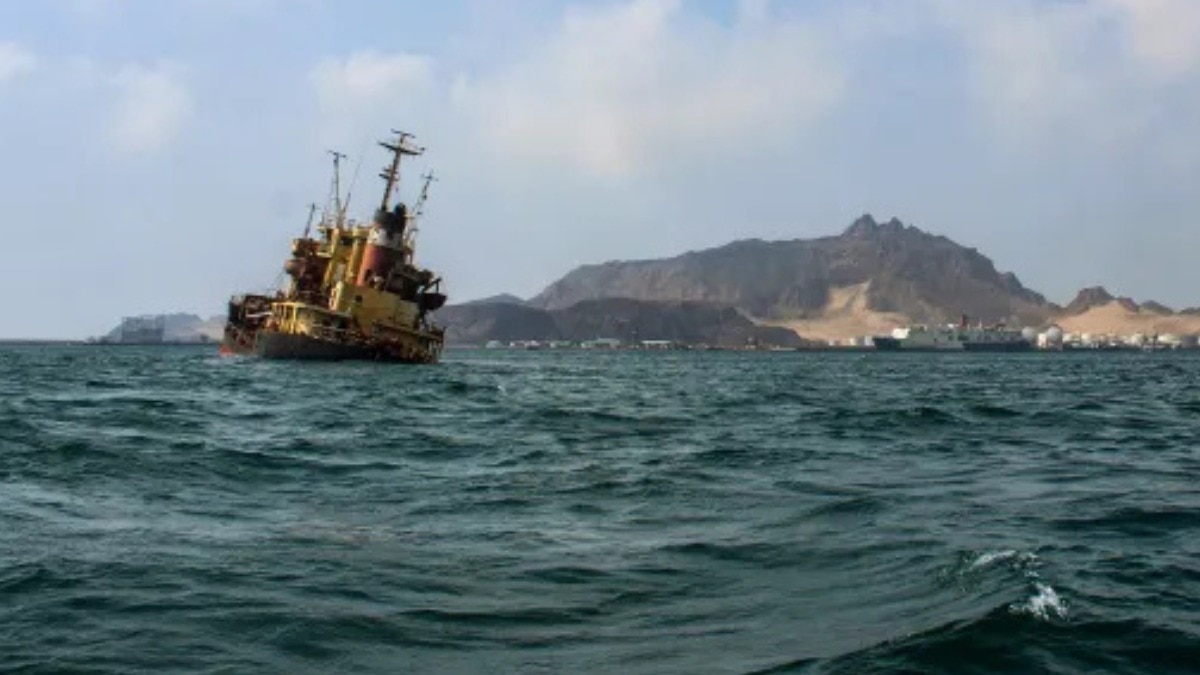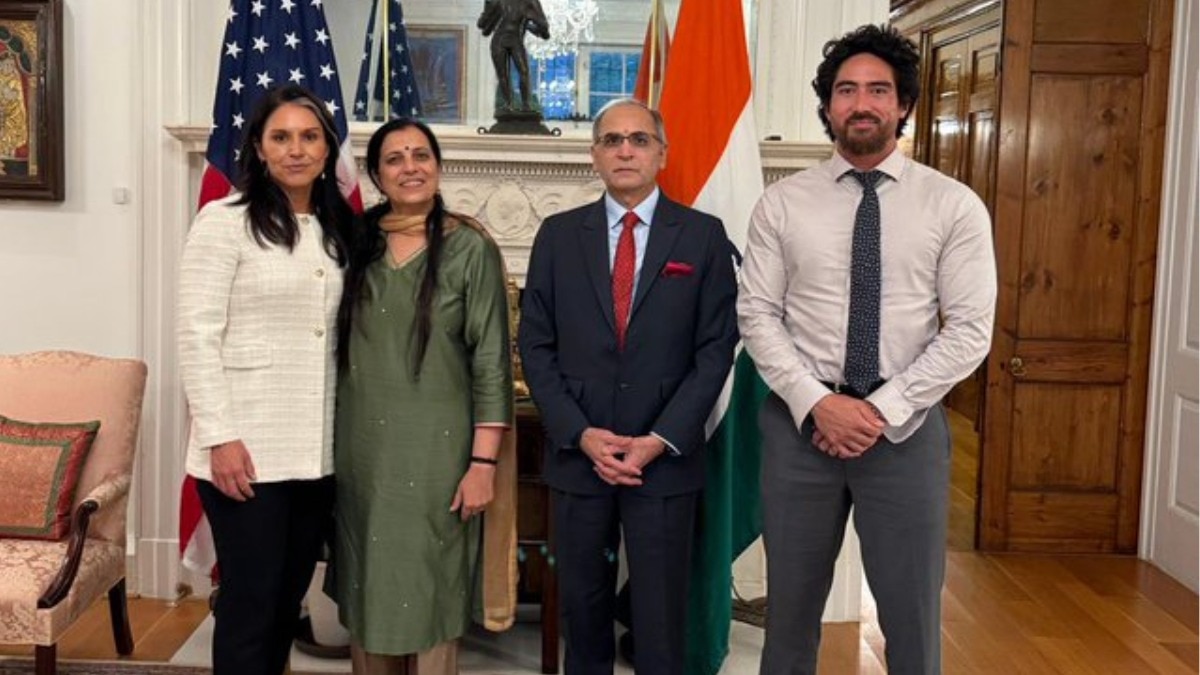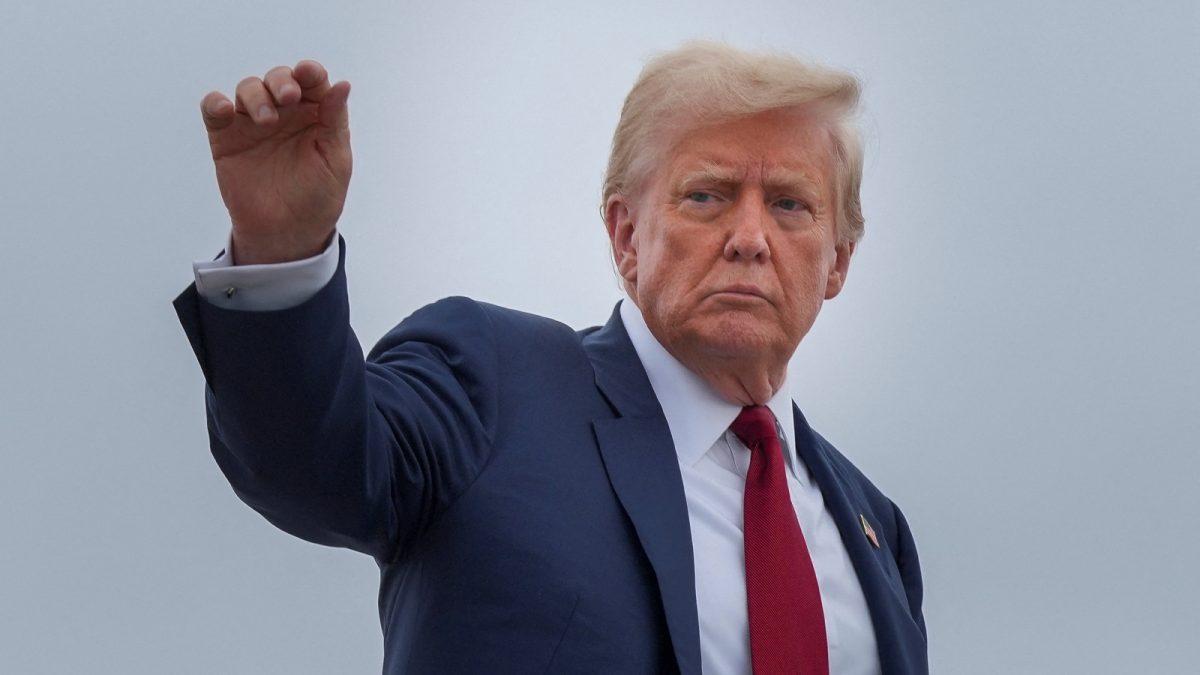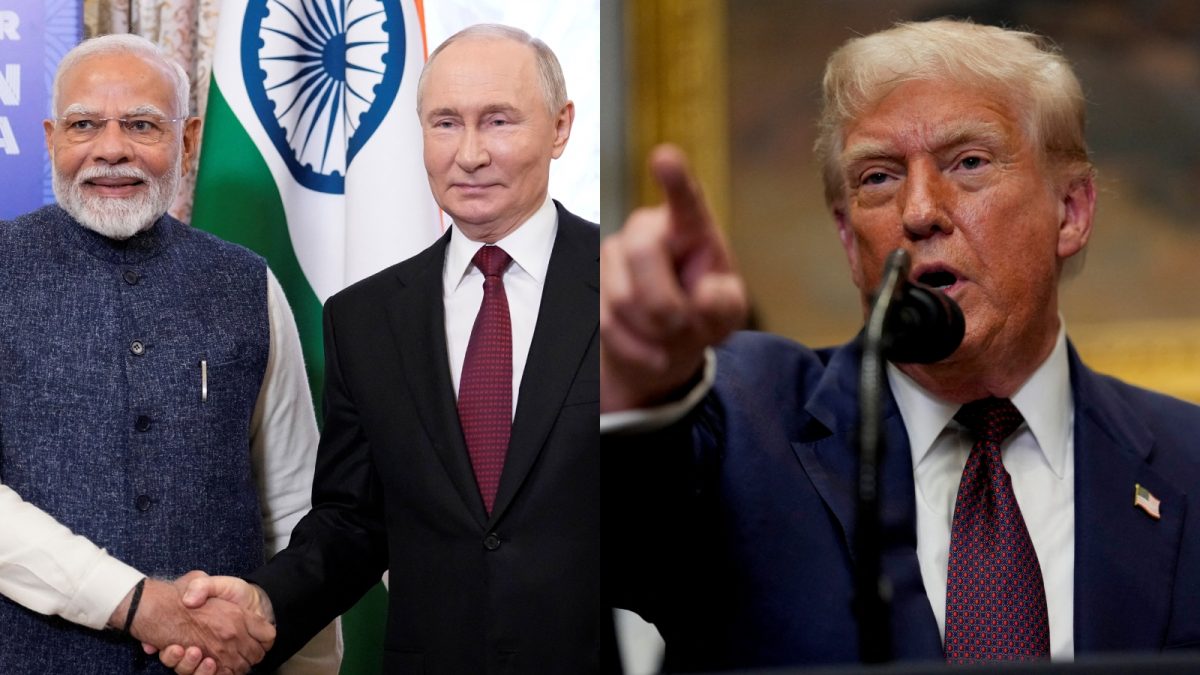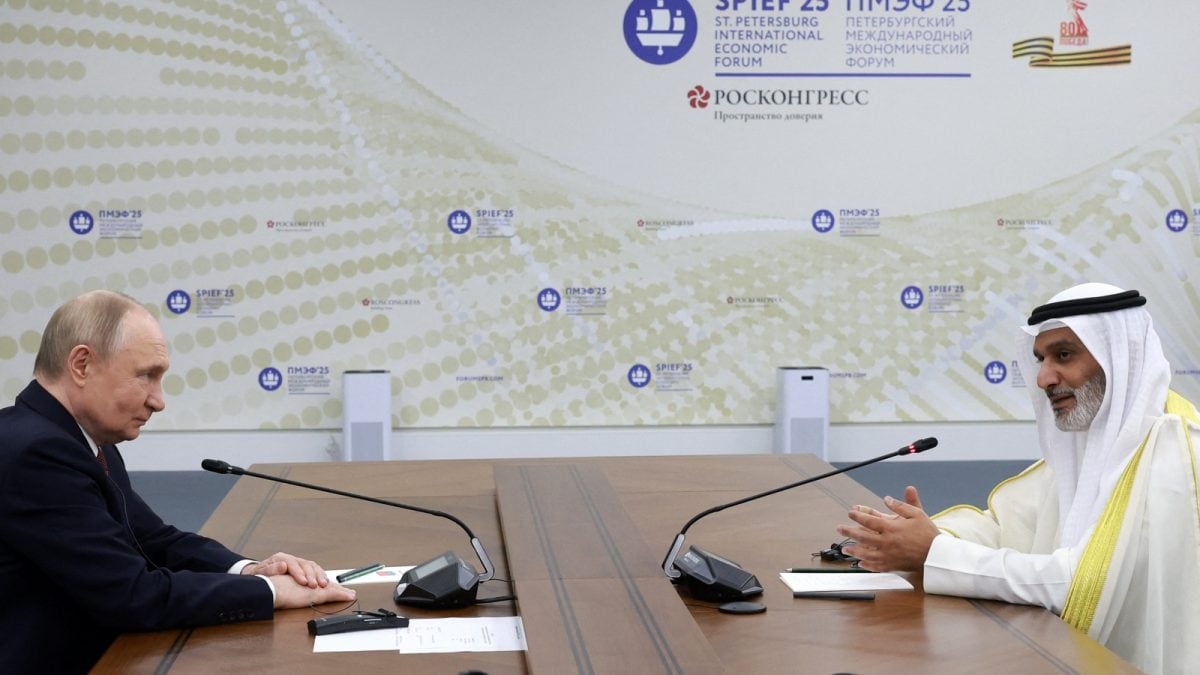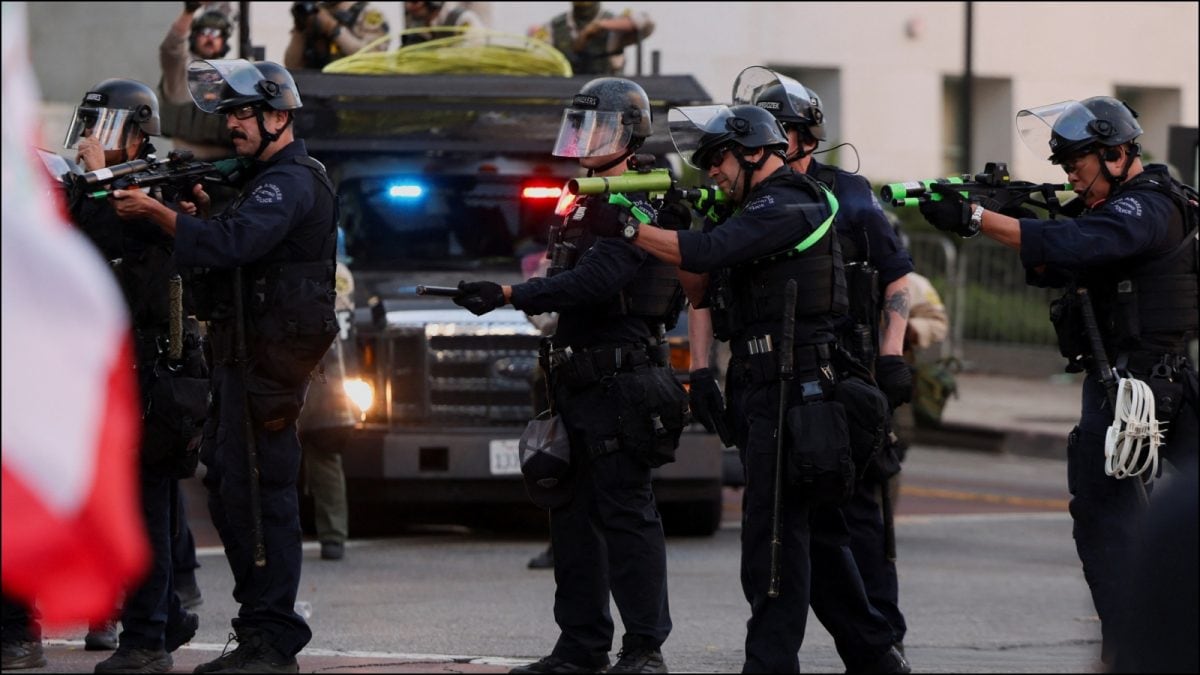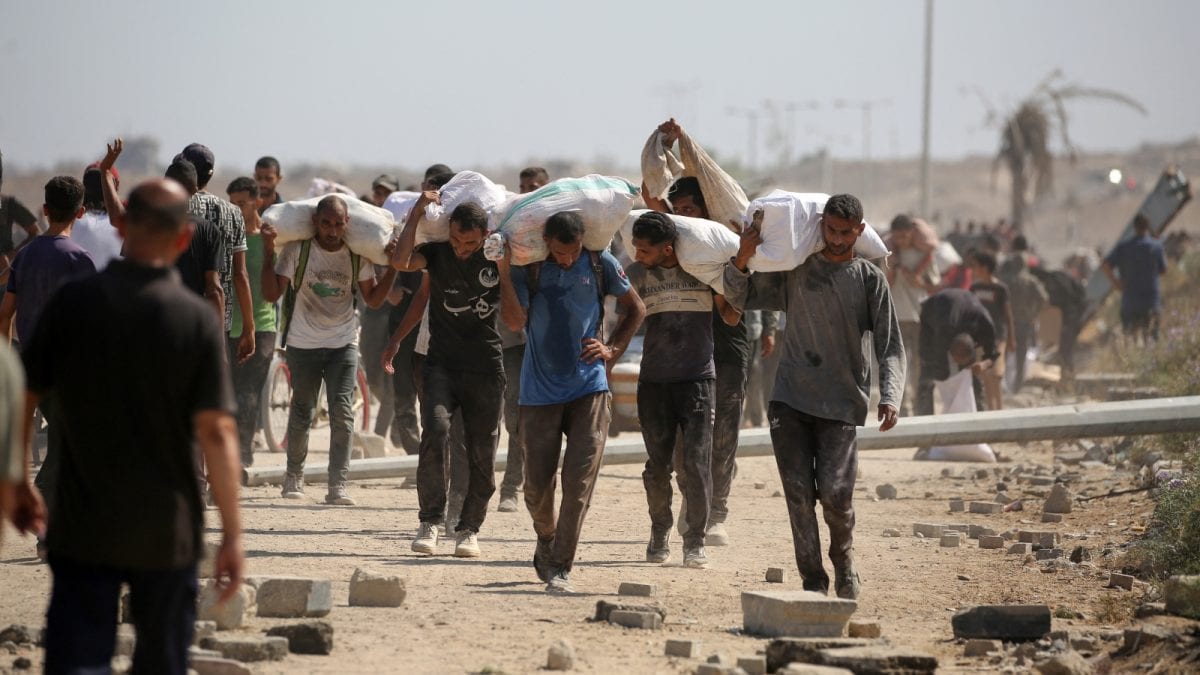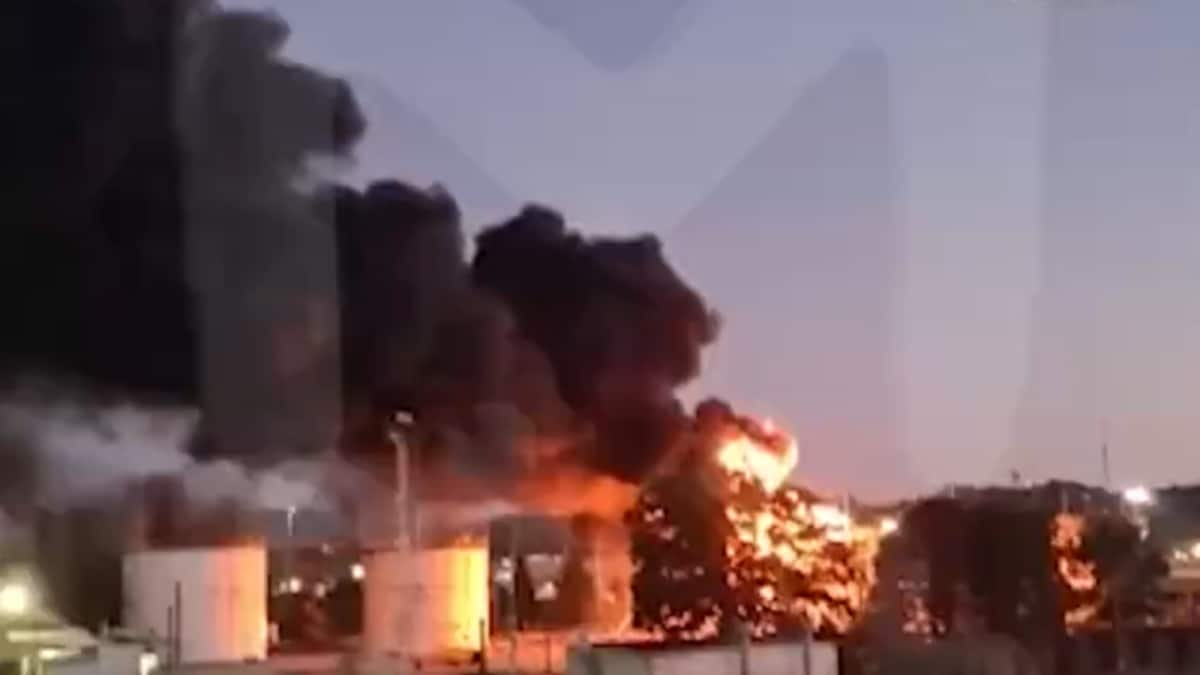Last Updated:June 15, 2025, 17:19 IST
Israel and Iran traded fire for a third day in their most intense confrontation in history as fears spread of a new conflict in the Middle East.

Israeli PM Benjamin Netanyahu hopes to topple Ayatollah Ali Khamenei's regime in Iran. (Reuters/File)
Israel and Iran traded fire for a third day in their most intense confrontation in history, as Israeli forces struck an Iranian defence facility and fuel depots. Israeli attacks have killed at least 80 people, while Iran responded with a missile barrage that has resulted in 13 casualties so far.
Israel’s offensive goes beyond thwarting Iran’s nuclear capabilities – Israeli Prime Minister Benjamin Netanyahu is also hoping for a regime change in Tehran by fuelling unrest against the Islamic Republic and the Supreme Leader Ayatollah Ali Khamenei.
A lot of Iranians are frustrated with the state of the economy, restrictions on freedom of speech, women’s rights, and minority rights, most evident when protests broke out over the 22-year-old Mahsa Amini’s death in 2022 for not wearing a hijab correctly.
How Israel’s Strikes Could Threaten Iran Leadership?
Israel’s attack is posing a real threat to Iran’s leadership, as it seeks to start a chain reaction leading to widespread unrest, which could eventually topple Khamenei’s control, according to BBC. Israel has already dealt a crushing blow to Iran by eliminating most of its military leadership, including Army Chief Mohammed Bagheri.
Israel has warned that its attack is not yet over, particularly after Iran’s retaliatory missile attacks, which means more Iranian leaders could be targeted. A top Israeli official even said the assassination of Iran’s top leader is “not off limits."
Israel’s recent strikes have already inflicted “substantial damage", including at the heavily fortified Natanz enrichment facility, where structural collapse was reported. Several nuclear scientists were killed, setting back Iran’s nuclear ambitions by months or years.
How Has Israel Worked To Destabilise Iran?
Before direct confrontation with its arch-enemy, Israel has successively weakened Iran by attacking its proxies since the Hamas-led October 7, 2023, attacks. The Israeli offensive in Gaza has killed thousands of Palestinians and militarily degraded Hamas to the extent that it is no longer a significant threat to Israeli citizens.
Israel also launched an attack against the Lebanon-based Hezbollah group, eliminating its entire leadership as well as most of its missile stockpile. Hamas and Hezbollah were part of Iran’s so-called ‘Axis of Resistance’, so their defeat was a big blow to Iran’s influence in the Middle East.
Iran’s crucial ally in Syria, Bashar al-Assad, was ousted in a rebel offensive, ending decades of close ties between the two countries. This allowed Israel to invade and occupy the strategic Golan Heights, weakening Iran’s proxies in the Middle East and leaving Tehran vulnerable to Israeli attacks.
In April last year, Israel bombed the Iranian embassy complex in Damascus, killing top military commanders and officials. This led to the first direct attack by Iran on Israel, which proved largely ineffective.
Will Israel’s Strategy Work?
Israel is hoping that its relentless attacks could unsettle the regime and pave the way for a popular uprising. However, it is a big gamble, as there is no evidence that such a chain reaction will start in the first place. Hardline Islamic clerics and some other unelected bodies already control Iran’s economy and military forces.
Another possible outcome could be regime collapse followed by Iran’s descent into chaos, as per BBC, which will have a massive impact across the Middle East. However, this raises major questions on who will be an alternative to Khamenei’s rule.
Iranian opposition forces have been highly fragmented in recent years and there are no clear options here. While some opposition groups tried to build a coalition of anti-Islamic Republic groups, it did not last long due to the differences in their views over the leadership.
Israel may be looking at former Iranian crown prince Reza Pahlavi, the son of Iran’s former Shah, who was overthrown in the country’s 1979 Islamic revolution. Pahlavi has been living in exile and has also visited Israel in recent years. There’s also the Mujahideen-e Khalq (MEK), an exiled opposition group that backs the overthrow of the Islamic Republic and supported Saddam Hussein during the war against Iran.

Aveek Banerjee is a Senior Sub Editor at News18. Based in Noida with a Master's in Global Studies, Aveek has more than three years of experience in digital media and news curation, specialising in international...Read More
Aveek Banerjee is a Senior Sub Editor at News18. Based in Noida with a Master's in Global Studies, Aveek has more than three years of experience in digital media and news curation, specialising in international...
Read More
Tehran, Iran
First Published:News world Is Israel Eyeing Regime Change In Iran? What Netanyahu Is Aiming For

 1 month ago
1 month ago




